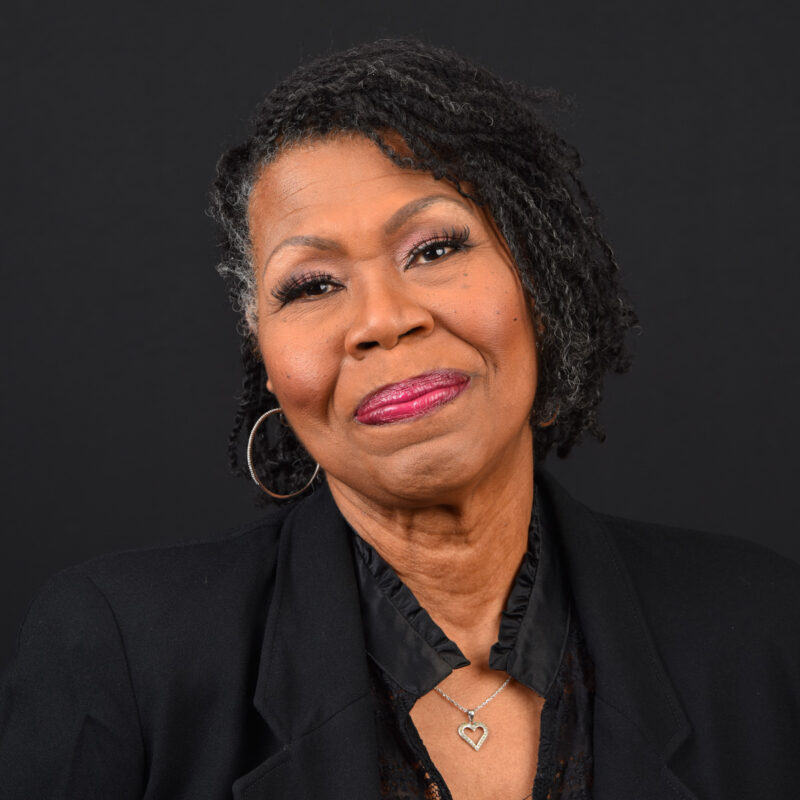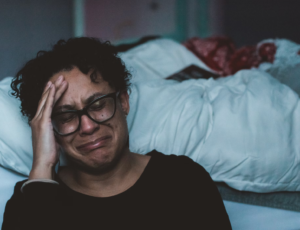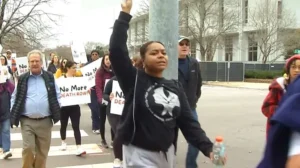All skinfolk ain’t kinfolk.
This admonishment came from novelist/folklorist Zora Neale Hurston, one of the most prolific Black literary figures of the 20th Century.
Tracy Chiles McGhee, a Zora Neale Hurston biographer, shares context, noting this reference is loosely drawn from Hurston’s autobiography Dust Tracks on a Road (1942). Zora unapologetically leaned into her lived experience as a Black woman born 25 years after slavery, infusing her storytelling with Black dialect and the hardscrabble realities of the south.
“Her actual words: ‘My skinfolks… but not my kinfolks’ was a reminder that racial identity alone doesn’t ensure shared purpose or principle,” says McGhee.
As if she had a crystal ball peering into the current political landscape, Zora offers a cautionary tale that Blackness and political interests are not always aligned. The Virginia elections November 4 calls out Zora’s warning.
For decades many Virginia civic leaders have advocated for more diverse candidates to better reflect the electorate. This year, the ethnic diversity of office seekers is historic on both sides of the aisle.
Virginia’s gubernatorial race – one of only two governor’s contests this election season – promises to be consequential and closely watched. It can set the table for next year’s mid-term elections. For the first time in history, the state will elect a woman as its chief executive, with a right-wing Black Republican immigrant facing off against a White, moderate national security specialist who served three terms in Congress.
Considered part of the “Old Confederacy”, the state is colored by contrast. Bordering the nation’s capital, it has one of the largest populations of federal employees and contractors hard hit by the government shutdown. It also claims three of the five richest counties in the nation, the world’s largest naval base, a robust bible belt and a 20 percent Black population.
Virginia is conservative and liberal—often swinging from left to center to right over short and frequent election cycles. It is Red, Blue, Purple, White, and Black with a growing immigrant population. It produced the nation’s first Black governor, Douglas Wilder, who served from 1990 to 1994 (The state’s constitution limits gubernatorial tenure to a single 4-year term at a time).

Photos: Nathan Howard/AP (Spanberger), Steve Helber/AP (Earle-Sears)
The Candidates
The Republican pick is Lt. Governor Winsome Earle-Sears, 61, Jamaican-born who immigrated to the U.S. at 6. A Marine Corp veteran, she is the first Black woman to hold statewide office. Sears served a short stint in the House of Delegates, followed by two unsuccessful bids for the U.S. House and Senate. During the 2020 presidential campaign, she chaired the “Black Americans to Re-elect the President” Political Action Committee. Many have expressed concern about her positions on reproductive justice, climate change and employment. In a recent interview she was corrected by a Fox News reporter on employment data, disputing her lower number of job losses statewide. When a CNN interviewer asked her about the purge of Virginia’s federal workforce, she replied: “If this is the way you want to go, then go ahead, but I’m just not going to participate, because I want to talk about real issues.”
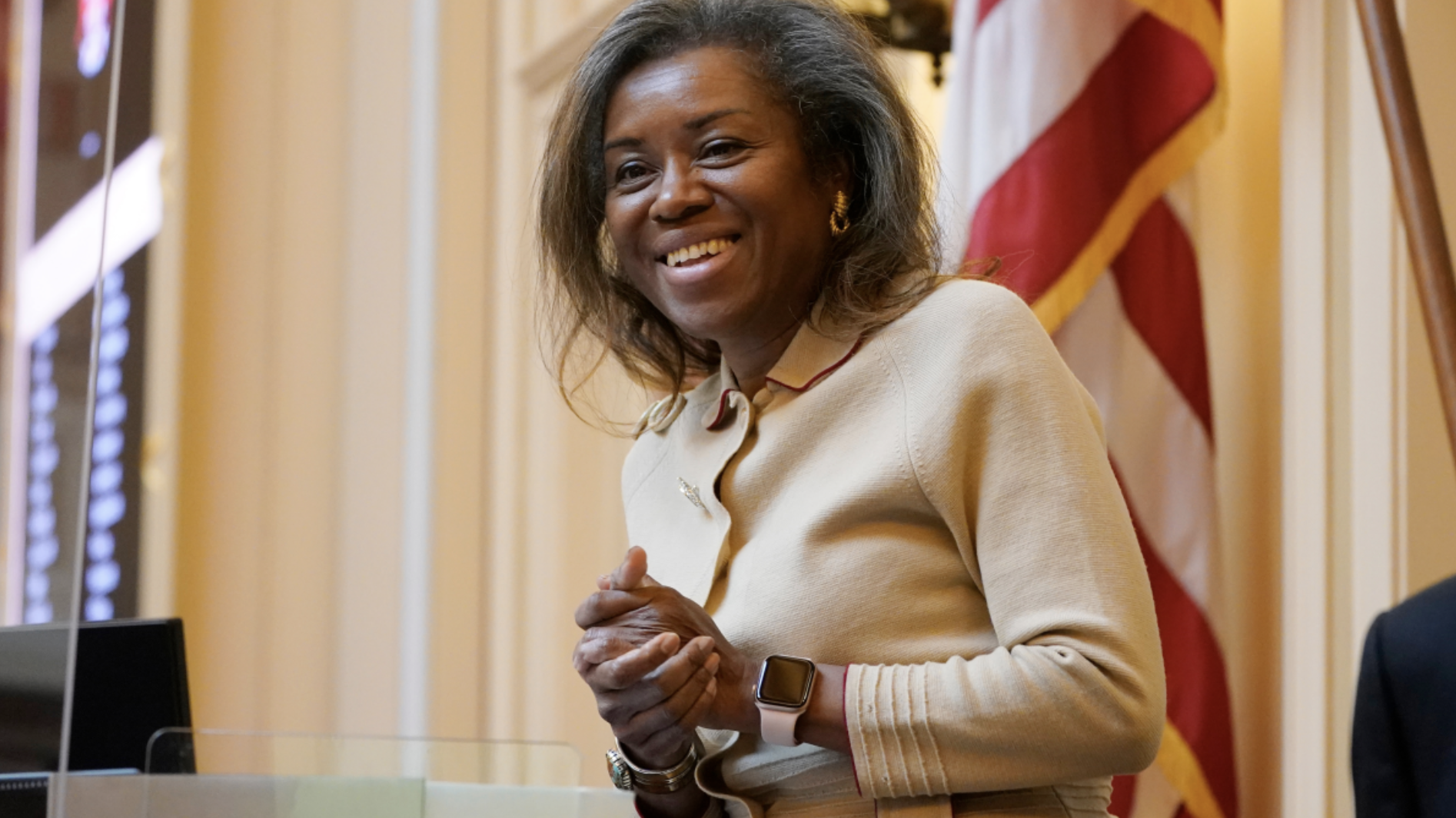
On the Democratic side is Abigail Spanberger, 45, a centrist-leaning member of Congress who distinguished herself as a former CIA officer and national security expert. Spanberger was in the early push for Donald Trump’s first impeachment in 2019 centered around withholding security assistance to Ukraine. She hails from a district that was a Republican stronghold since 1981, narrowly defeating her opponents during her three terms in the House (2018-2024) and demonstrating an ability to win conservative and moderate voters. Drawing the ire of progressive members, Spanberger labeled the 2020 congressional contest “a failure” for candidates in swing districts, crediting the Republicans with effective attack ads calling their Democratic opponents, who favored defunding the police, socialist. While the candidate has enjoyed double-digit leads in polling and fundraising, many predict the race is tightening as Virginia’s early voting (from September 19 through November 1) produces an unexpectedly large turnout.
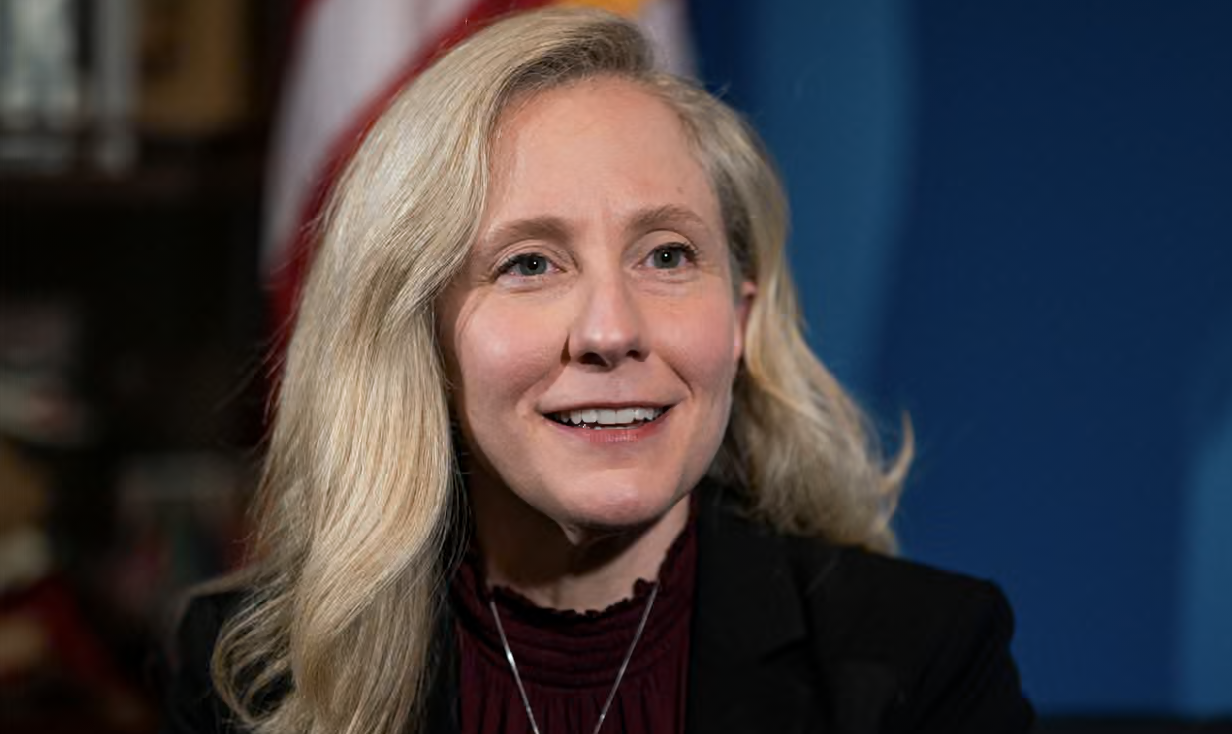
Penny Blue, program director of Red, Wine and Blue of Virginia, predicts that Black women won’t sit out the November elections. But she offers a caveat: “We don’t need to be fooled by the color of a person’s skin. We need to listen to how they stand on the issues.”
Blue is featured in a video series with a multigenerational group of Black women leaders — all representing 501c3 nonpartisan organizations – speaking to what’s at stake in November and beyond. Check out the Playlist HERE.
The video series What Black Women Want, What Virginia Needs highlights the importance of policies supporting reproductive rights, education, affordable health care, public safety, economic justice and being heard by their elected representatives.
Gwen McKinney is creator and campaign director of Unerased | Black Women Speak.


